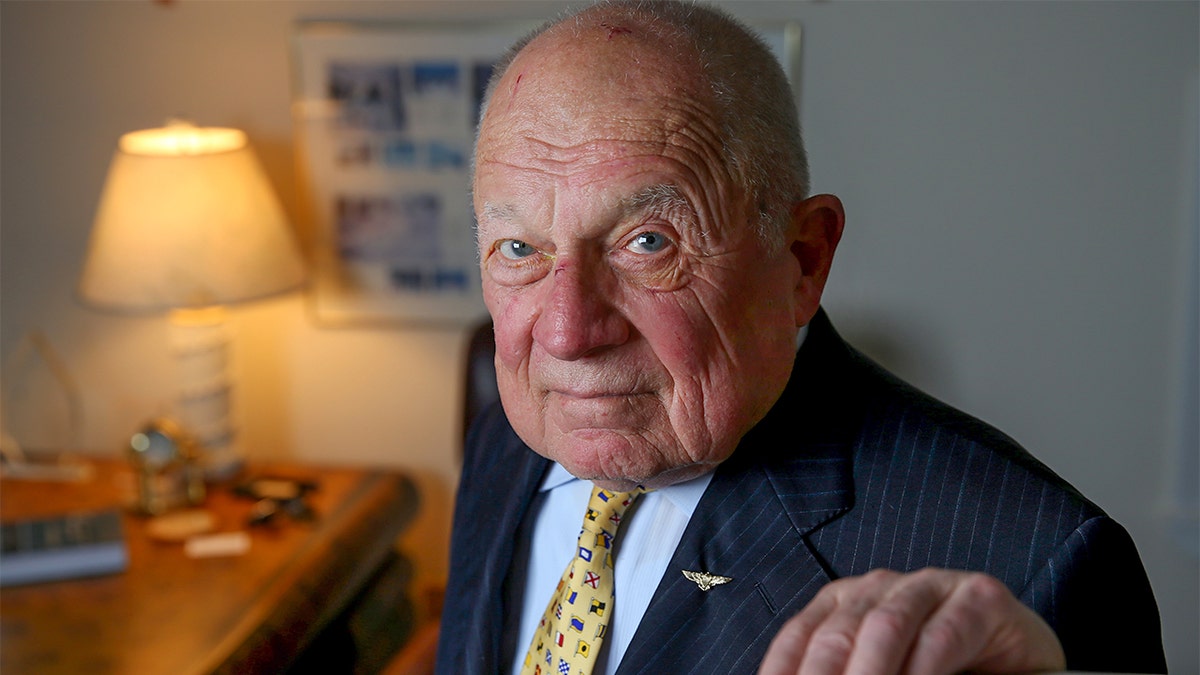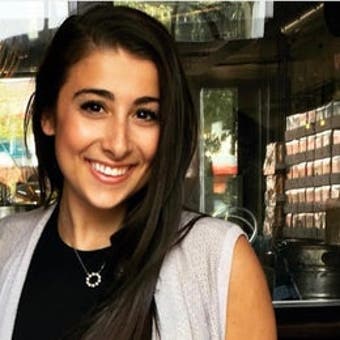Flashback: O.J. Simpson on Nicole Brown Simpson
Greta Investigates: O.J. Simpson - A look back at O.J. Simpson's 2004 reflection on his murdered ex-wife, Nicole Brown Simpson and two victims often overshadowed by the notorious gridiron legend. #Greta3500
High-profile criminal defense attorney F. Lee Bailey, who famously represented O.J. Simpson in his 1995 trial, has died, the former NFL star announced on Twitter Thursday.
Bailey was 87. His death was confirmed to The Associated Press by Peter Horstmann, who worked with Bailey as an associate in the same law office for seven years.
Bailey served as one of Simpson’s attorneys during the former running back’s 1995 trial, which ended in his acquittal in the 1994 murders of his ex-wife, Nicole Brown Simpson, and her friend Ronald Goldman.
In a touching tribute on his Twitter page, Simpson called Bailey, "a great friend," and "one of the great lawyers of our time."
"He was smart, sharp as ever," Simpson continued. "F. Lee Bailey, maybe the best lawyer of our time, of this generation, but a great guy. God bless his family. God bless you, Lee. You will be missed by me."
Bailey in the 1960s secured a reversal of Dr. Sam Sheppard’s conviction in the murder of his pregnant wife and an acquittal at his second trial. He also represented Albert DeSalvo, who claimed to be the Boston Strangler, and Patricia Hearst.
In a legal career that lasted more than four decades, Bailey was seen as arrogant, egocentric and contemptuous of authority. But he was also acknowledged as bold, brilliant, meticulous and tireless in the defense of his clients.
"The legal profession is a business with a tremendous collection of egos," Bailey said in an interview with U.S. News and World Report in September 1981. "Few people who are not strong egotistically gravitate to it."
Bailey’s other high-profile clients included Capt. Ernest Medina, charged in connection with the My Lai massacre during the Vietnam War.
"I have never known a greater intellect than that possessed by F. Lee Bailey," said J. Albert Johnson, Bailey’s longtime legal partner and childhood friend.
Bailey, an avid pilot, best-selling author and television show host, was the most valuable member of the team, Simpson said in a 1996 story in The Boston Globe Magazine.
"He was able to simplify everything and identify what the most vital parts of the case were," Simpson said at the time. "Lee laid down what the case’s strategy was, what was going to be important and what was not. I thought he had an amazing grasp of what was going to be the most important parts of the case, and that turned out to be true."
Throughout his career, Bailey antagonized authorities with his sometimes abrasive style and his quest for publicity. He was censured by a Massachusetts judge in 1970 for "his philosophy of extreme egocentricity," and was disbarred for a year in New Jersey in 1971 for talking publicly about a case.
Bailey was disbarred in Florida in 2001 and the next year in Massachusetts for the way he handled millions of dollars in stock owned by a convicted drug smuggler in 1994. He spent almost six weeks in federal prison charged with contempt of court in 1996 after refusing to turn over the stock. The experience left him "embittered." He eventually won the right to practice law in Maine in 2013.

Famed trial lawyer F. Lee Bailey poses in his office in Yarmouth, Maine., on June 29, 2016. (Photo by Jonathan Wiggs/The Boston Globe via Getty Images) (Getty Images)
Francis Lee Bailey was born in the Boston suburb of Waltham, the son of a newspaper advertising man and a schoolteacher.
He enrolled at Harvard University in 1950 but left at the end of his sophomore year to train to become a Marine pilot. He retained a lifelong love of flying and even owned his own aviation company.
CLICK HERE TO GET THE FOX NEWS APP
While in the military, Bailey volunteered for the legal staff at the Cherry Point Marine Corps Air Station in North Carolina, and soon found himself the legal officer for more than 2,000 men.
Bailey earned a law degree from Boston University in 1960, where he had a 90.5 average, but he graduated without honors because he refused to join the Law Review. He said the university waived the requirement for an undergraduate degree because of his military legal experience.
Bailey was married four times and divorced three. His fourth wife, Patricia, died in 1999. He had three children.
The Associated Press contributed to this report.









































